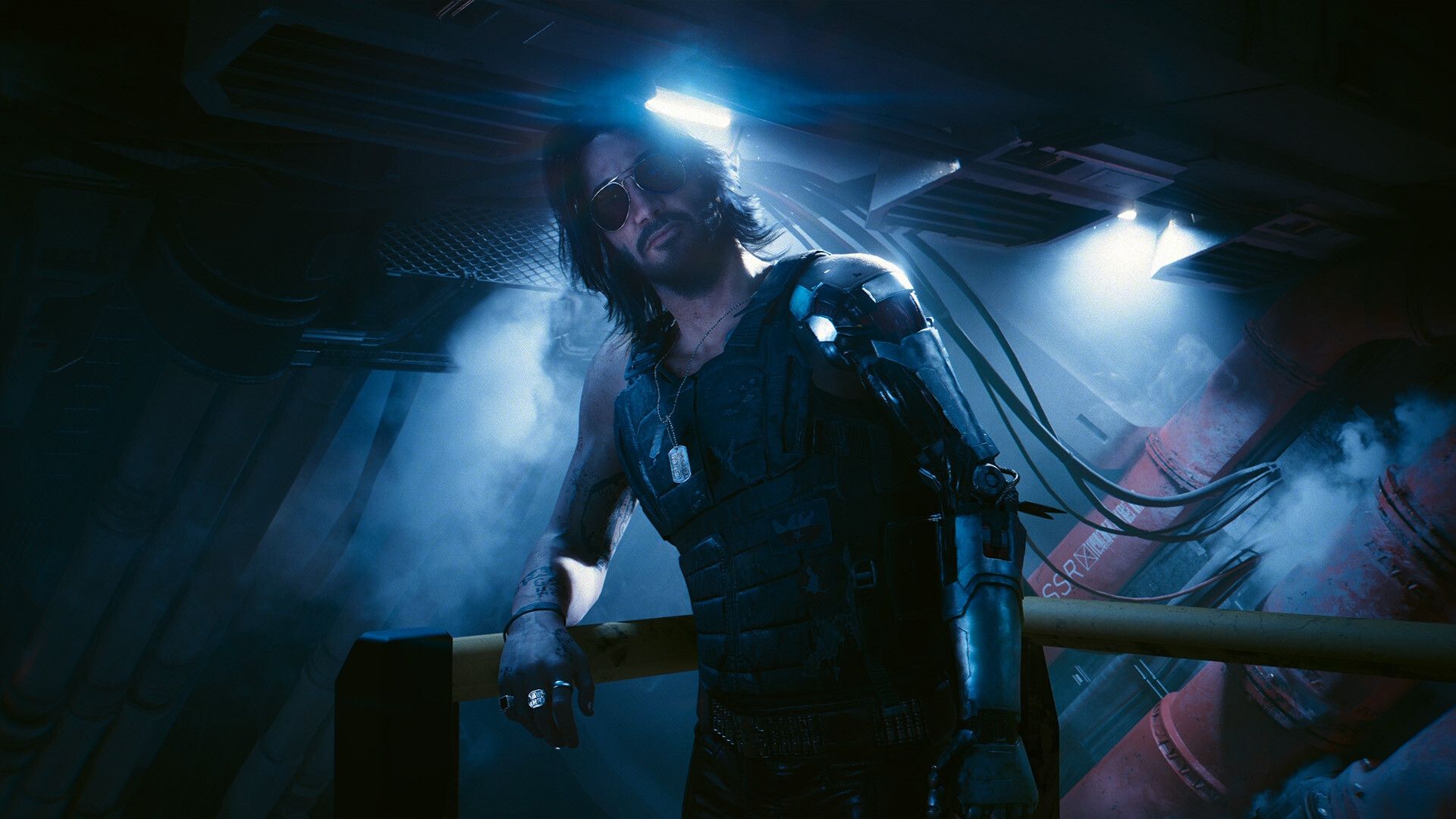
Video game worlds often *look* realistic, but very few truly *feel* dynamic. A world that feels alive actually *reacts* to what players do. This means more than just simple changes – it involves systems where actions have far-reaching consequences, environments that change based on player choices, and characters who remember past interactions, not just the latest conversation.
These games aren’t simply set on large maps with things to do. They create a realistic, dynamic world where even minor choices can have lasting consequences.
Red Dead Redemption 2
A Cowboy World That Watches Your Every Move
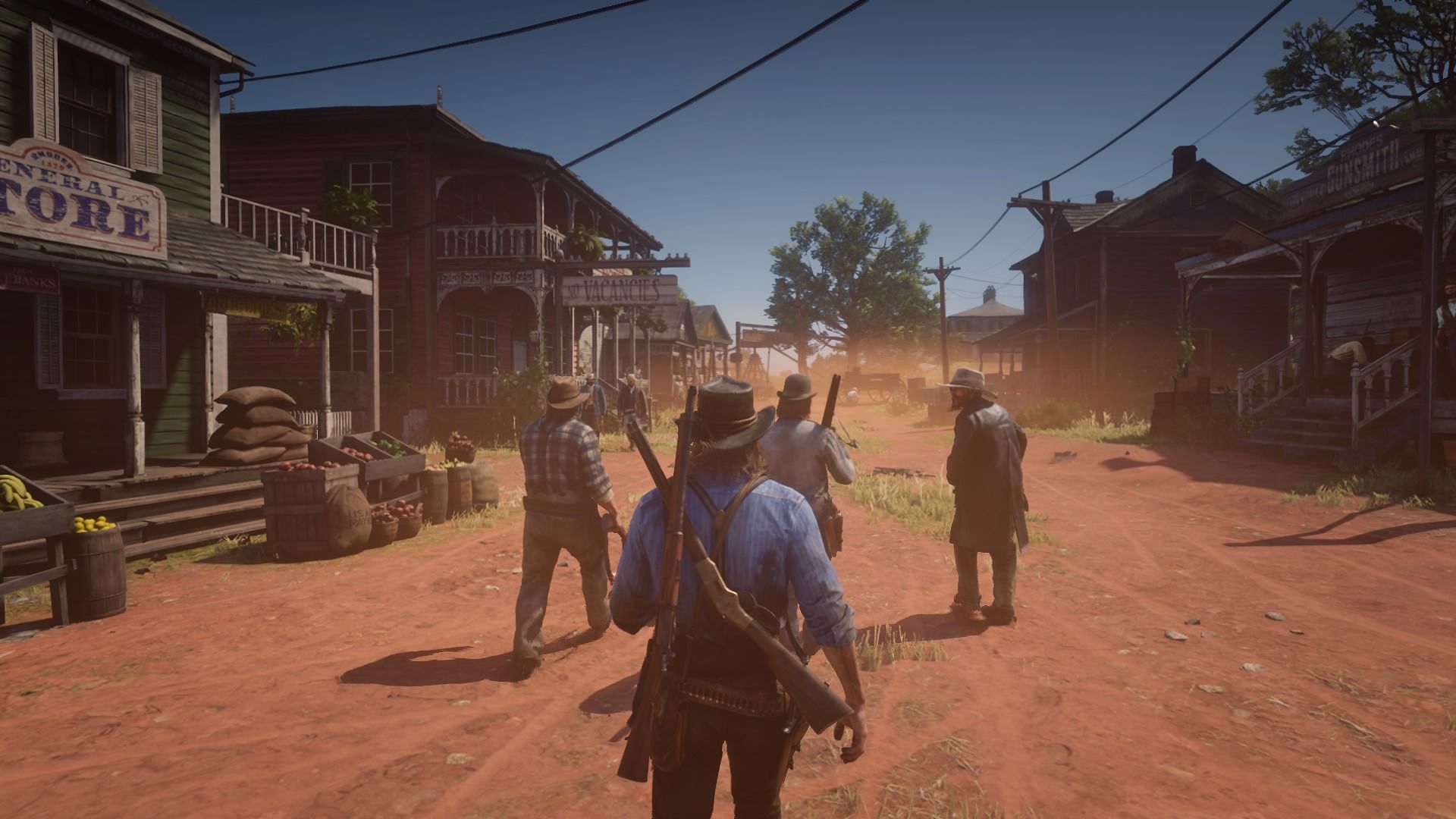
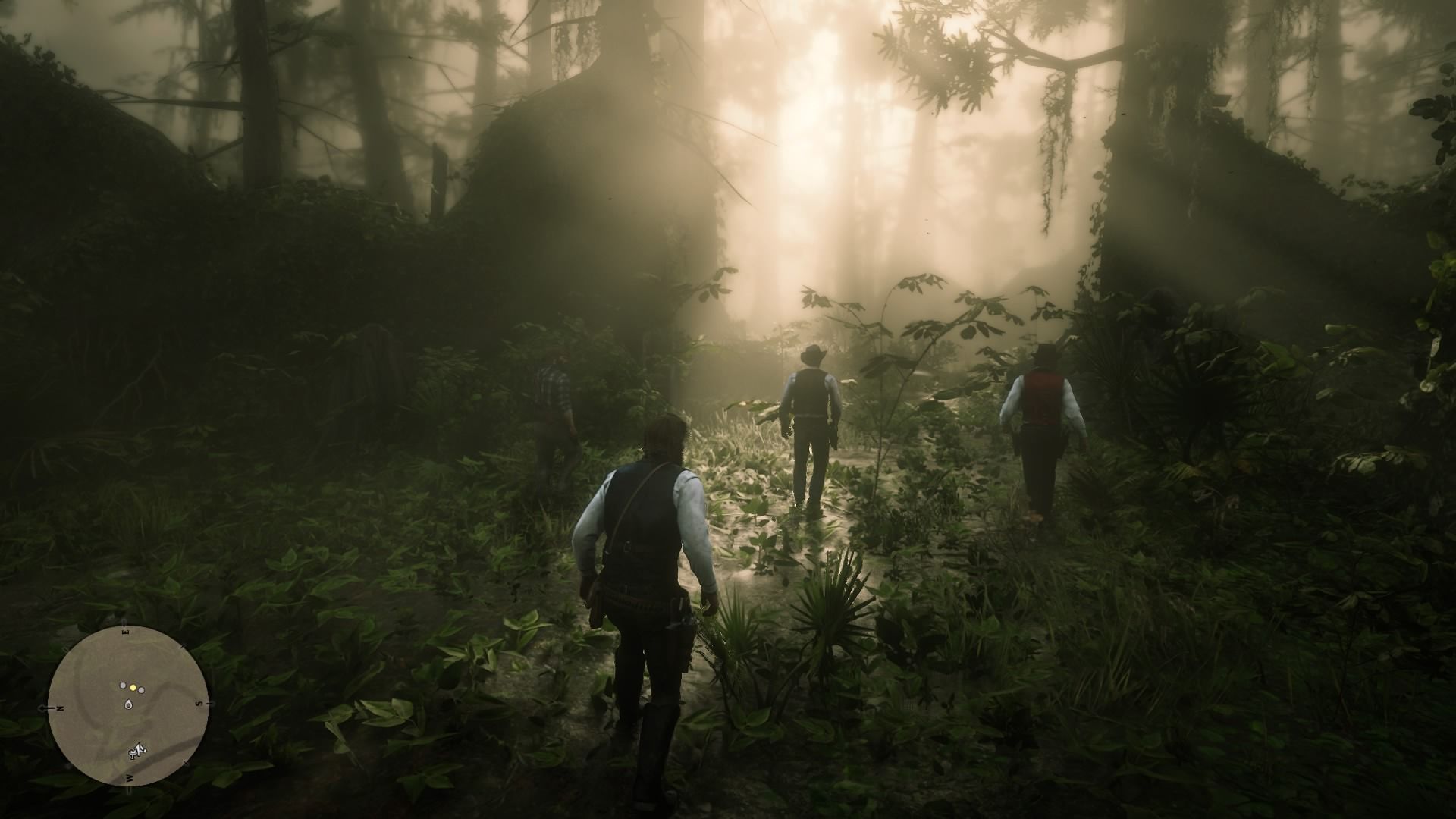
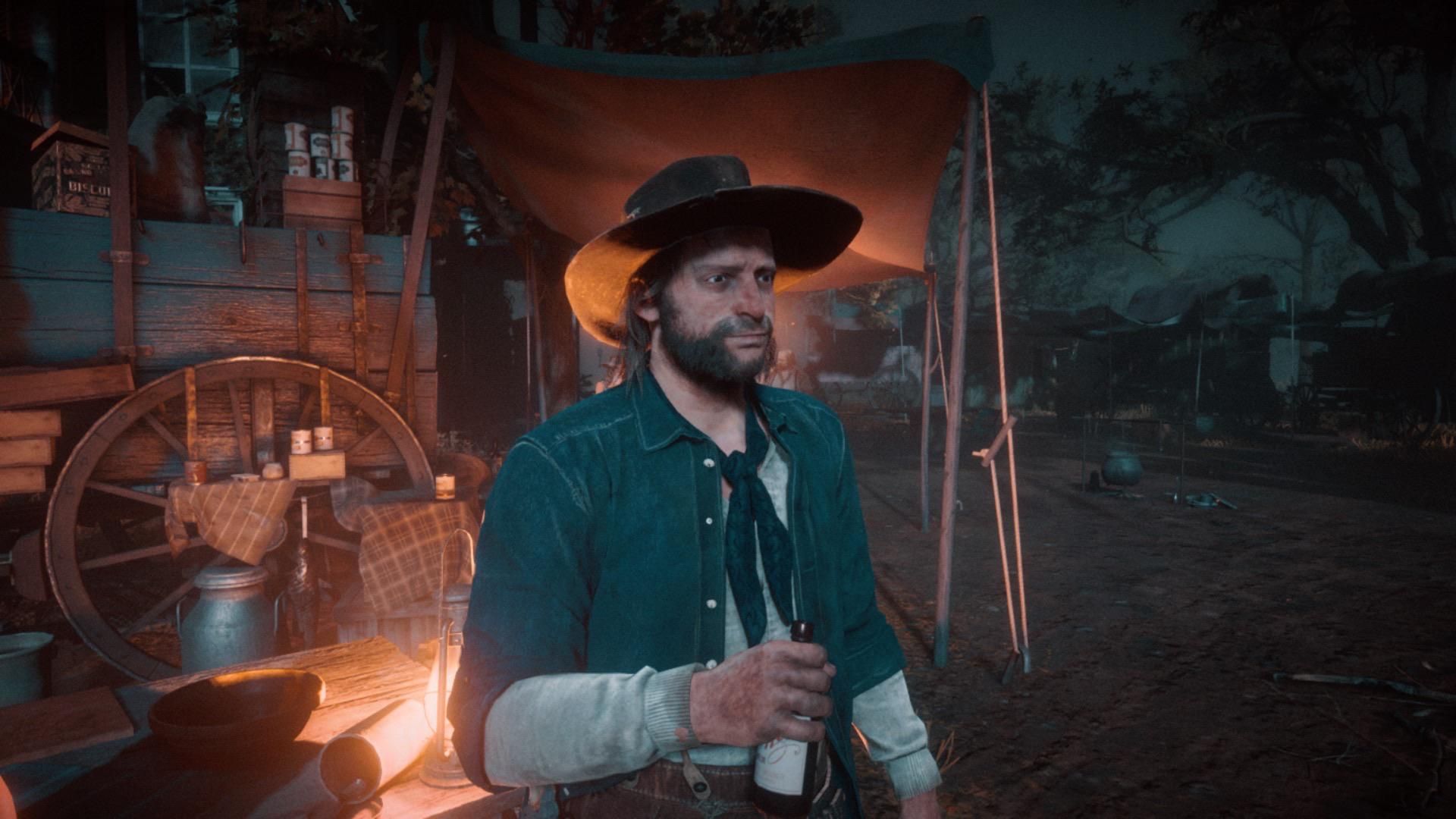
Red Dead Redemption 2 isn’t just an open world game; it feels like a genuinely breathing and realistic American frontier. The characters remember your actions, animals behave naturally within their environments, and the changing weather impacts everything from travel speed to how you hunt. It’s an immersive experience that makes you feel less like you’re controlling Arthur Morgan and more like you *are* someone trying to survive in 1899.
Small choices in Red Dead Redemption 2 have surprisingly large effects. Something as simple as keeping Arthur Morgan clean can lead to friendlier interactions with townspeople, while neglecting his hygiene might cause them to avoid him. A more significant action, like shooting a lawman, dramatically changes how a town reacts to Arthur – it goes from a place for quests to a dangerous area where people openly fear him. Every action, from shooting to eating, makes the game world feel incredibly realistic and immersive, sometimes even unsettlingly so.
Metal Gear Solid 5: The Phantom Pain
A War Machine That Runs On Your Chaos
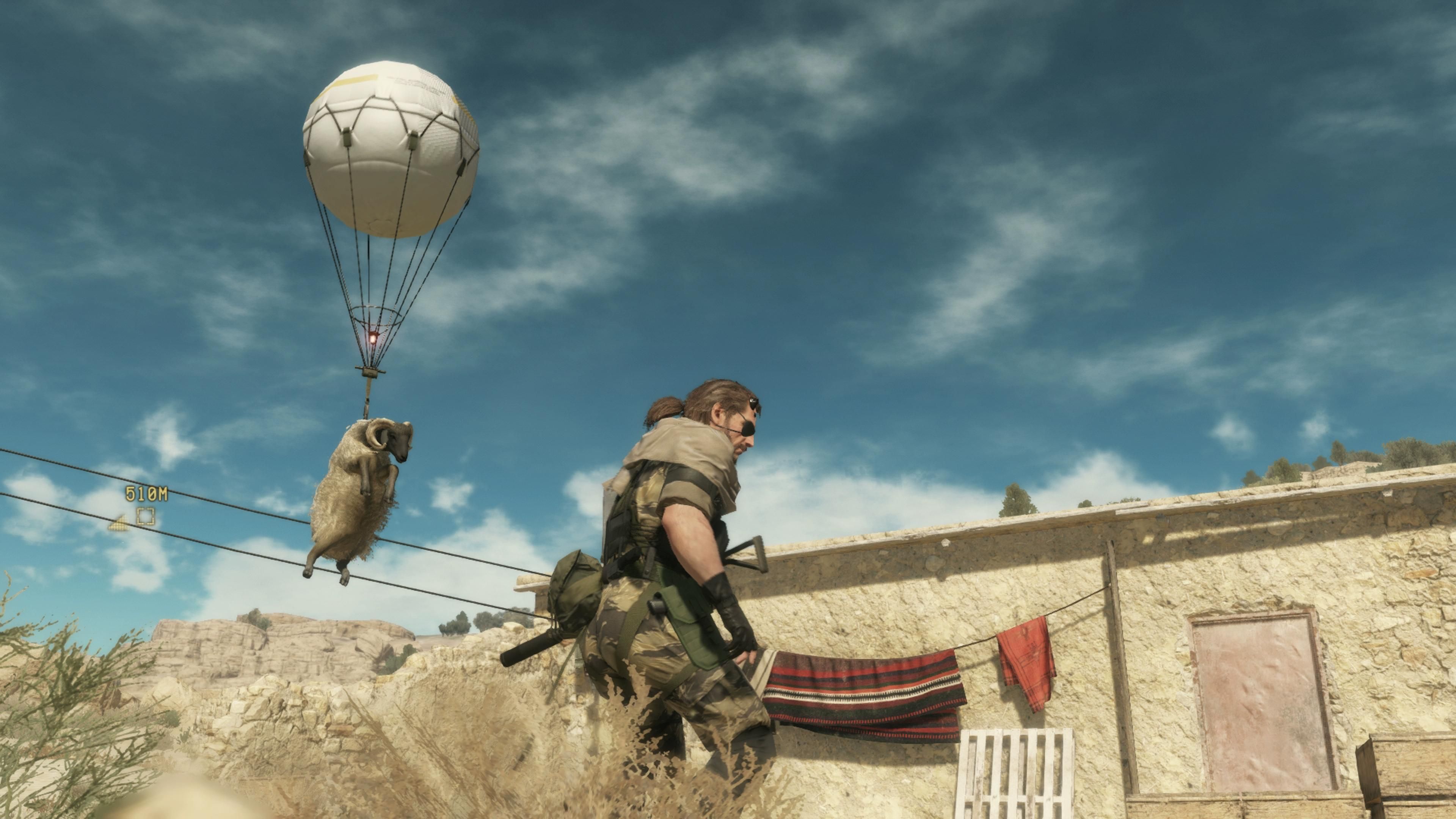

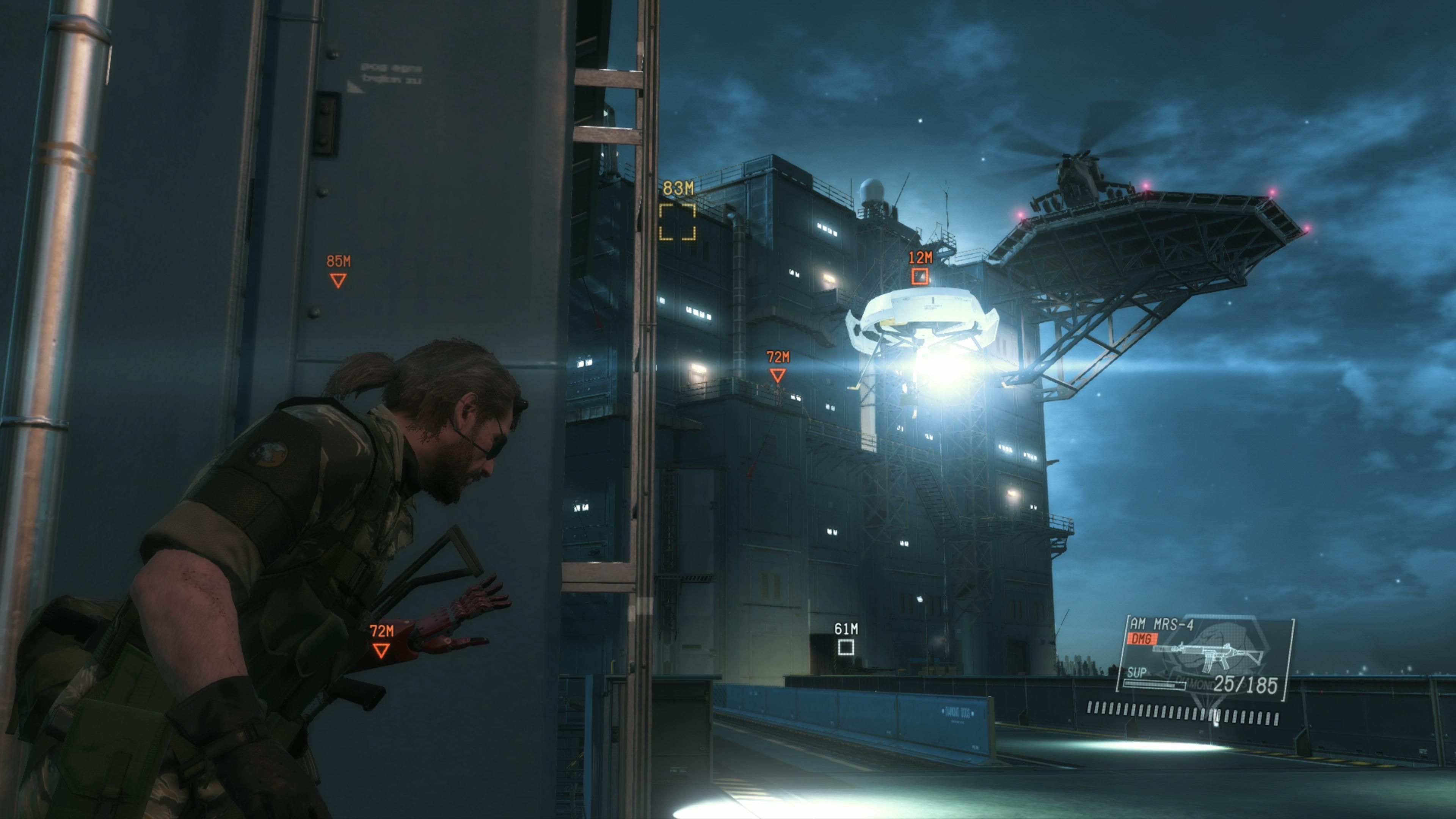
In Metal Gear Solid 5, enemies are surprisingly responsive. They don’t just stand around – they adapt to your tactics. If you rely on headshots, they’ll start wearing helmets. Frequently sneak in at night? Expect to see more flashlights. The game world cleverly reacts to how you play, almost as if it’s learning from you.
The game world feels incredibly alive, even away from enemy bases. Things are constantly interacting in surprising ways – horses might get scared by gunfire, sandstorms can ruin your stealth, and animals can give you away if you’re not careful. Hideo Kojima created a game where you’re not just free to try different things, but the world actively reacts to your choices, turning every mission into a constantly changing challenge.
Kingdom Come: Deliverance 2
The Middle Ages Without Rose-Tinted Glasses
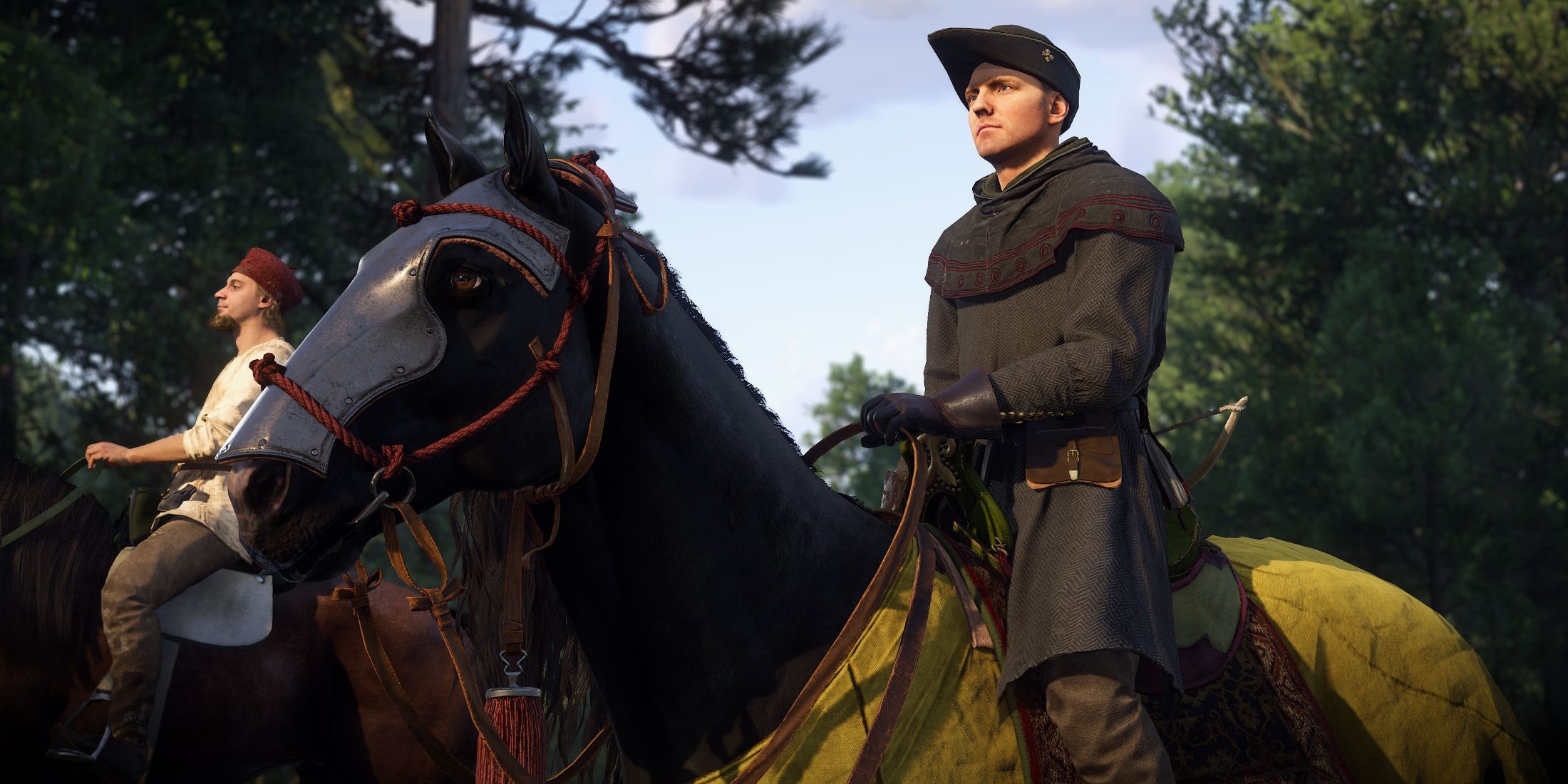
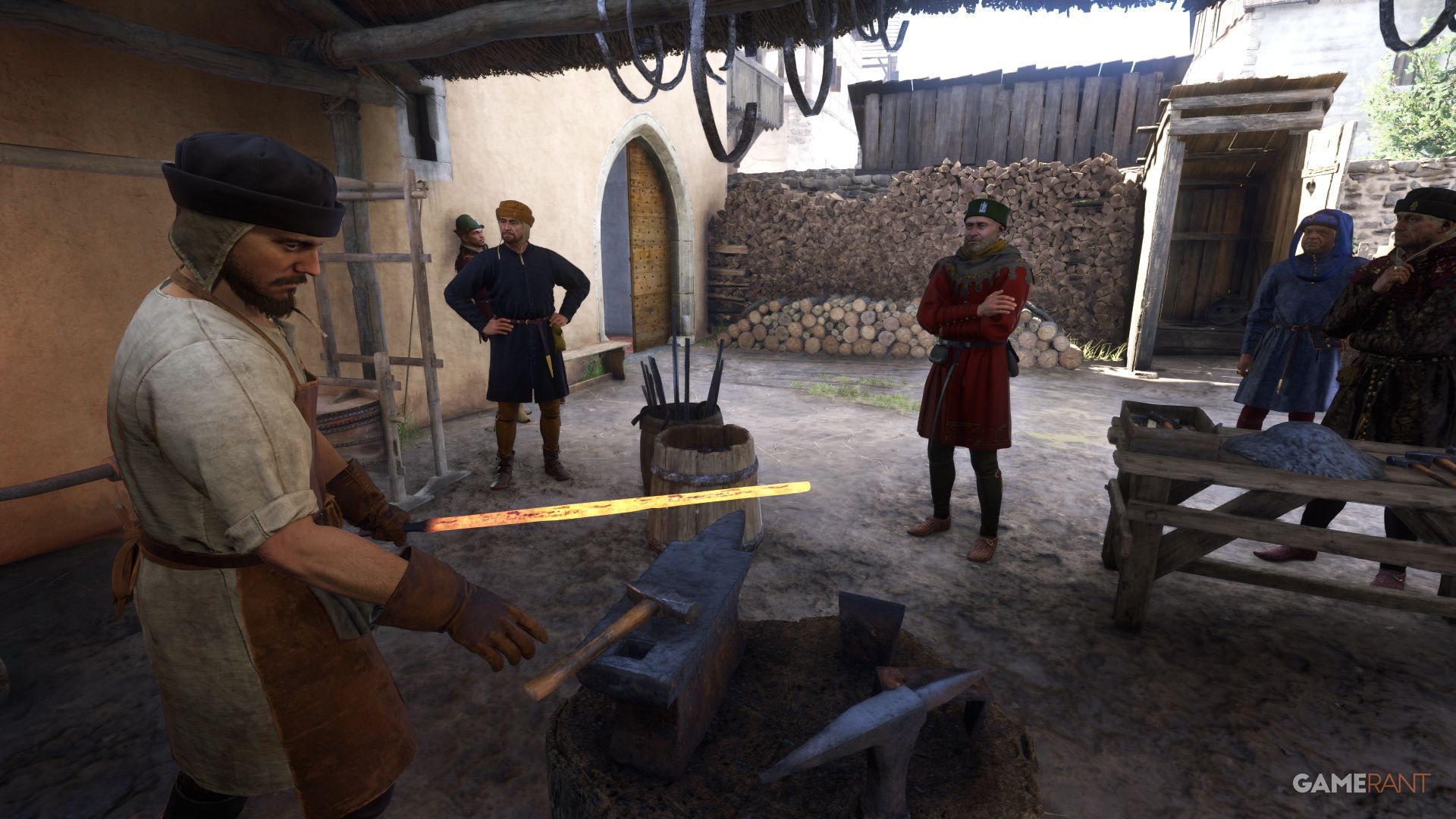
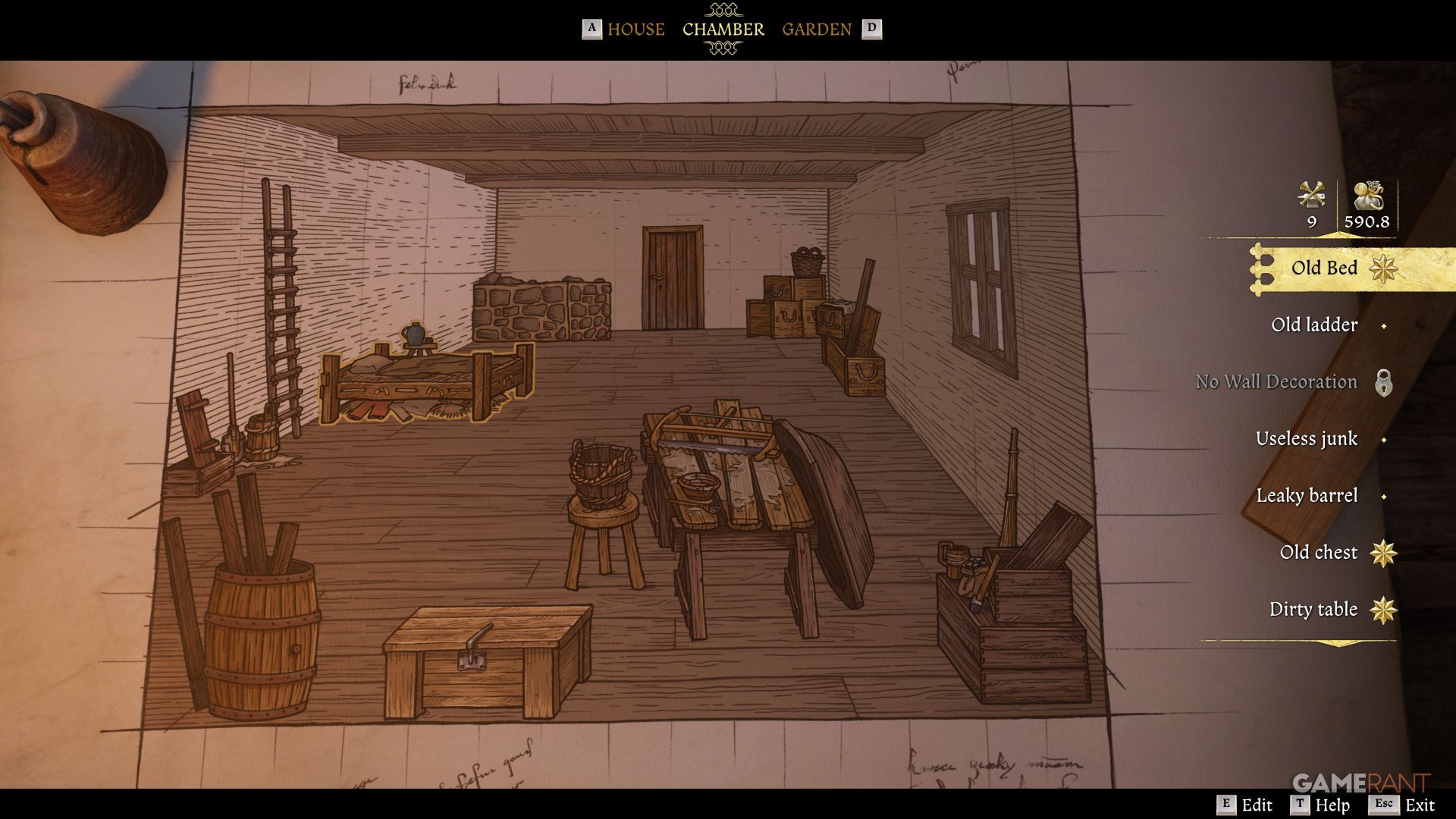
Kingdom Come: Deliverance 2 stands out from most RPGs with its dedication to realism. It avoids common fantasy elements, creating a world where everyday actions – like eating, treating injuries, or borrowing a horse – have meaningful consequences. The characters feel truly alive, following their own routines – waking, eating, working, and sleeping – regardless of whether the player is present. It’s a remarkably immersive experience.
I’m really excited about how this game handles failure! It’s not like those games where you just get a ‘game over’ screen and have to start all over. Instead, if you mess up a quest, the world *reacts* to it. Like, if you kill a noble, people start talking, guards get more vigilant, and even the political landscape changes! It’s not about being a powerful mage or dragon slayer, it’s about actually *living* in this medieval world. You need to worry about things like staying healthy, fixing your gear, and making smart choices, because being reckless will get you in trouble, but being clever can really help you out.
S.T.A.L.K.E.R.: Shadow Of Chernobyl
A Wasteland That Breathes Radioactivity
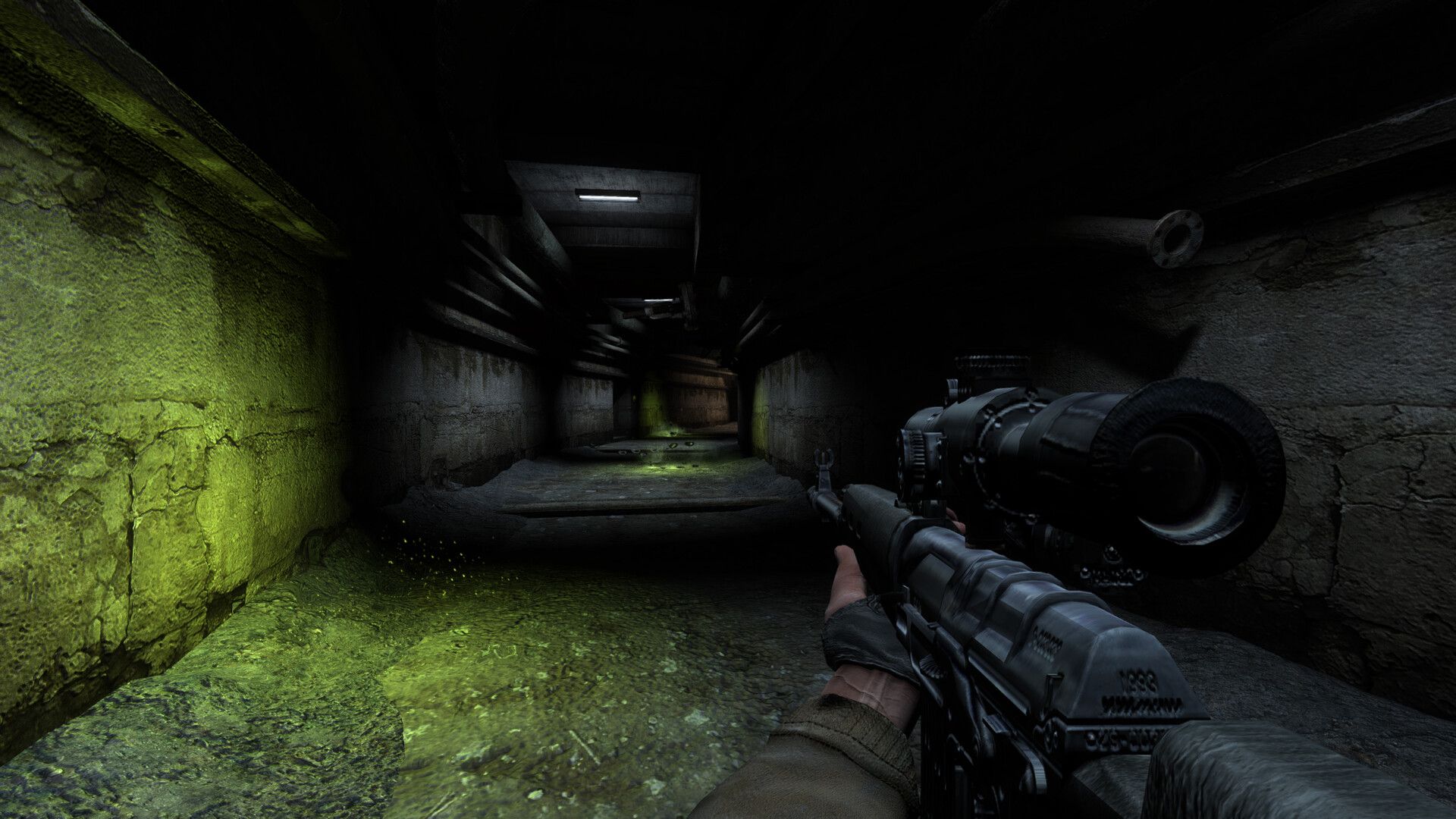
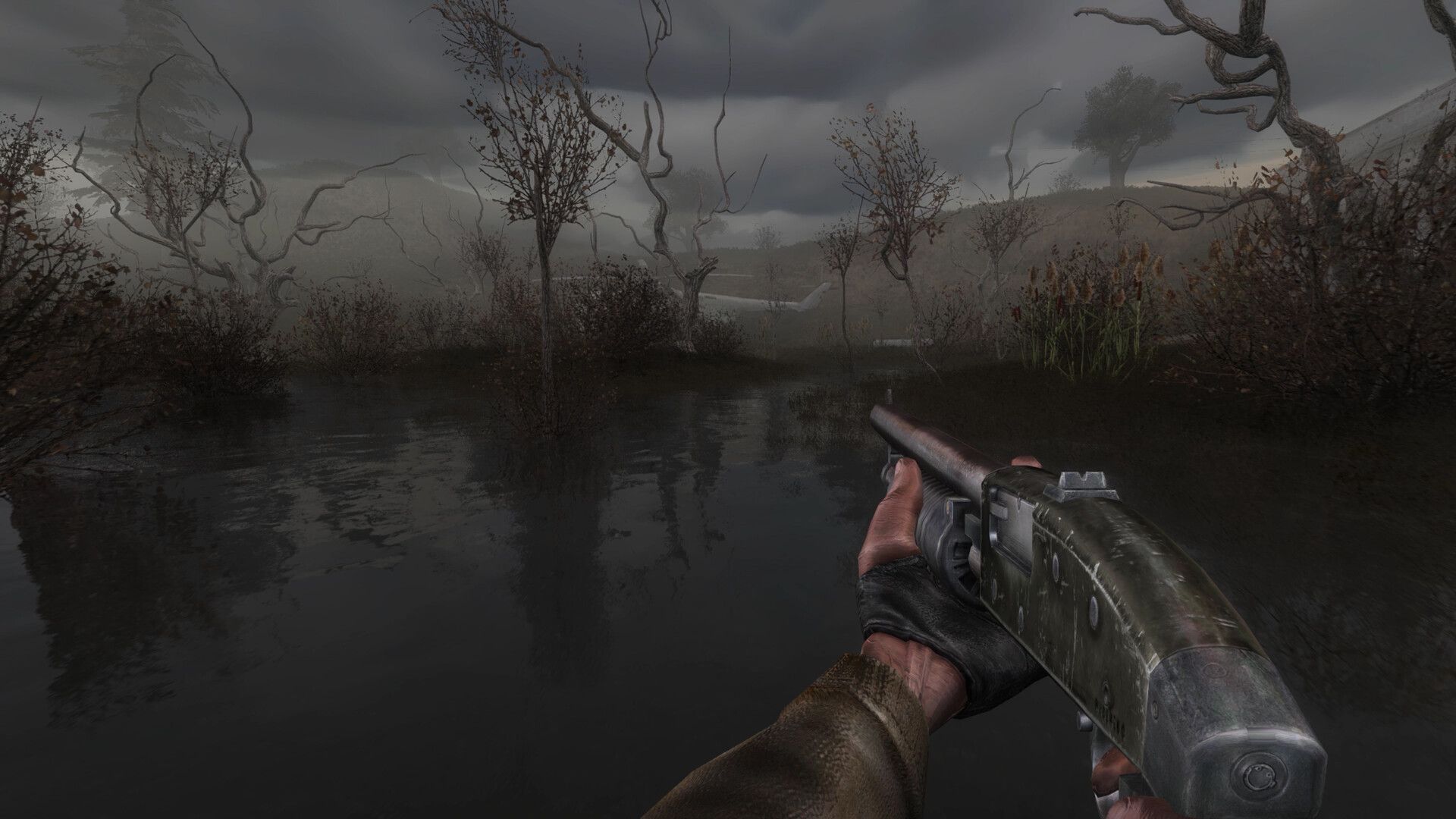
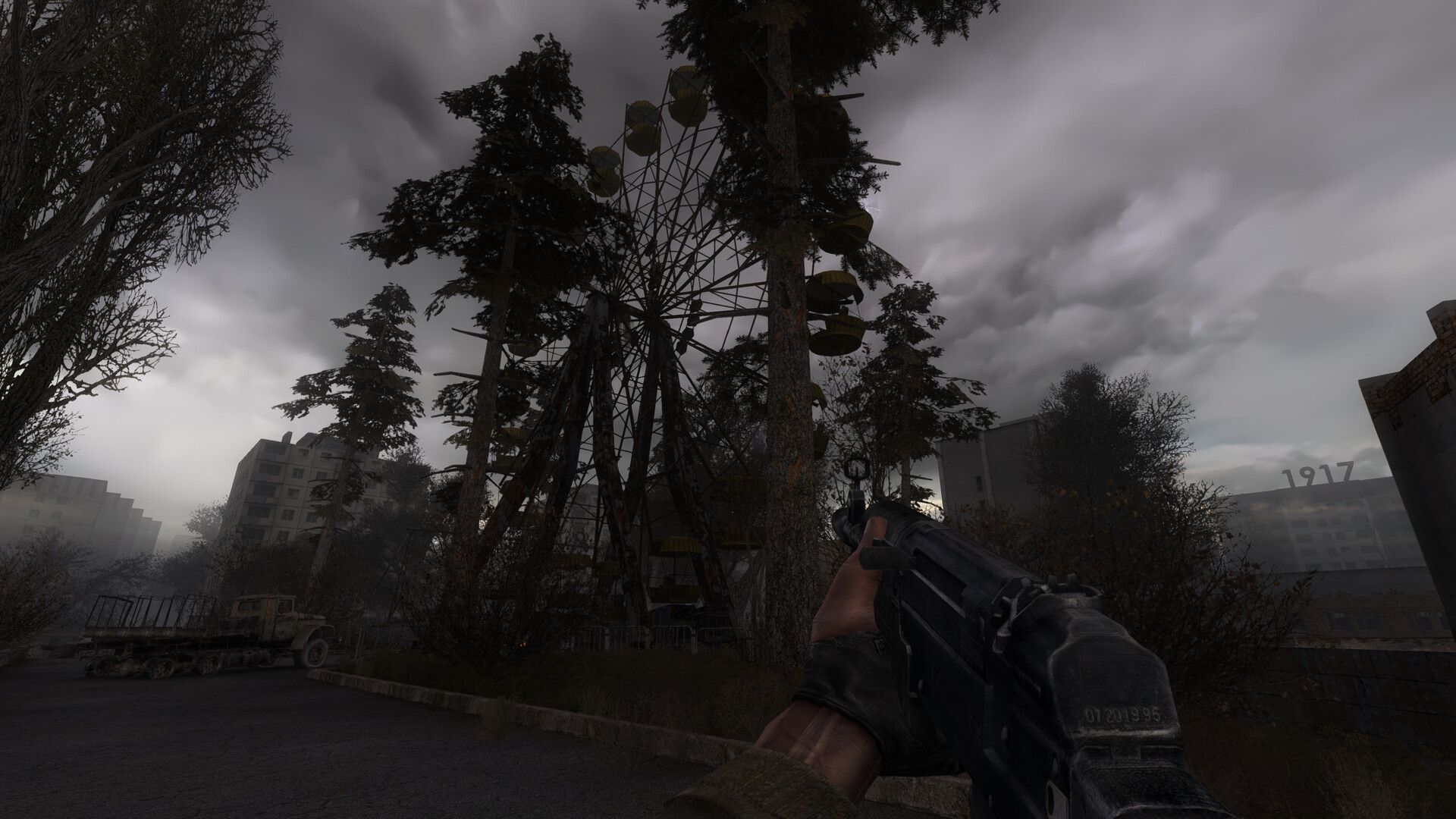
STALKER: Shadow of Chernobyl is a game built around surprise and danger. The game world is full of strange anomalies that warp reality and can instantly harm you, and both people and creatures wander around, making every trip into the Zone feel risky and unpredictable.
What really gets me about this game is how everything connects. You might be playing as a mutant and accidentally trigger something completely random, opening up a whole new path you weren’t expecting! And the different groups? They’re constantly battling each other, with or without your help, which makes it feel like the world has its own life, even when you’re not playing. The Zone itself isn’t just a place, it *feels* like a character – it doesn’t care about you, but it impacts absolutely everything that happens. It’s amazing!
Divinity: Original Sin 2
When Choices Become Chain Reactions
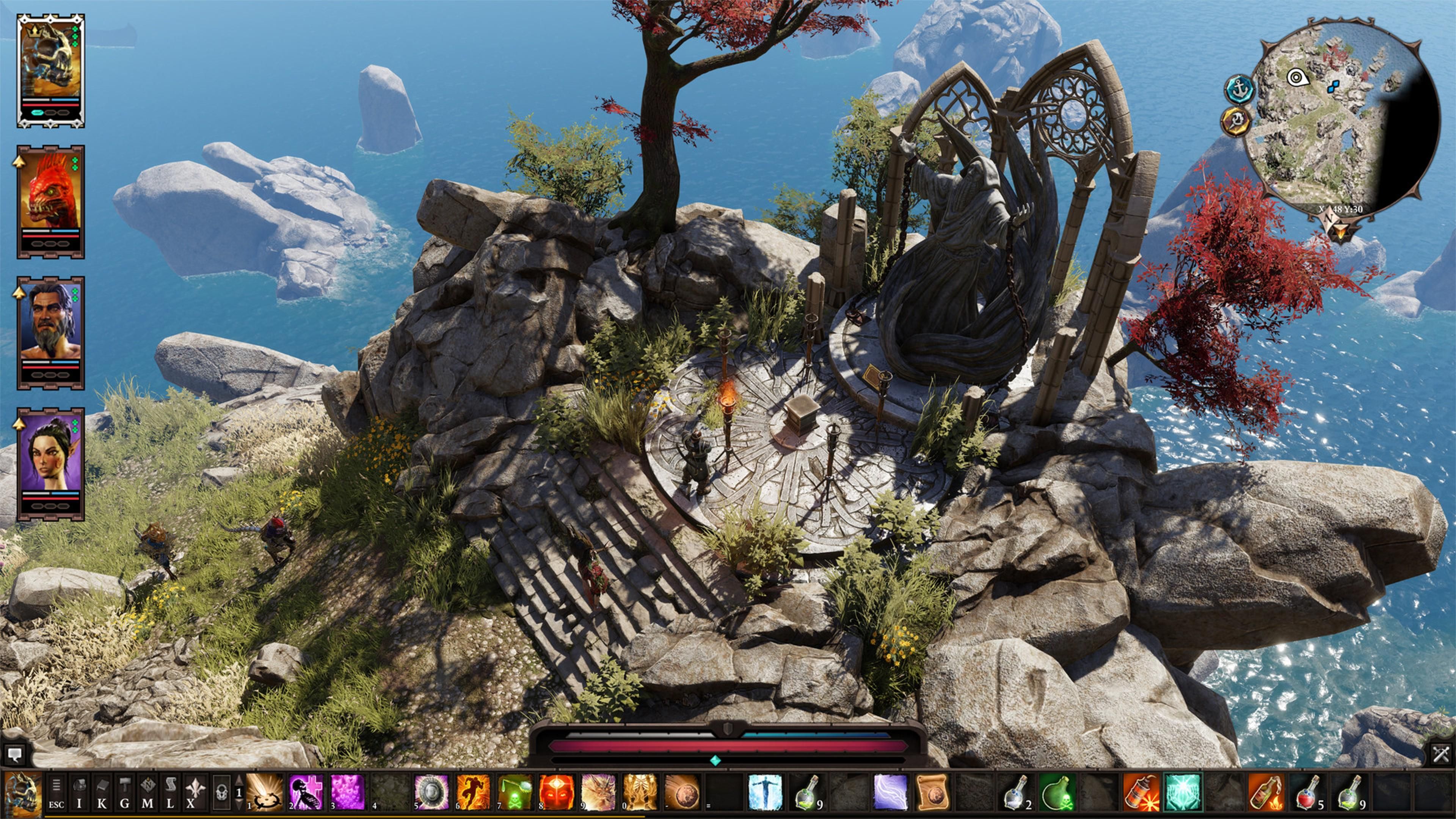
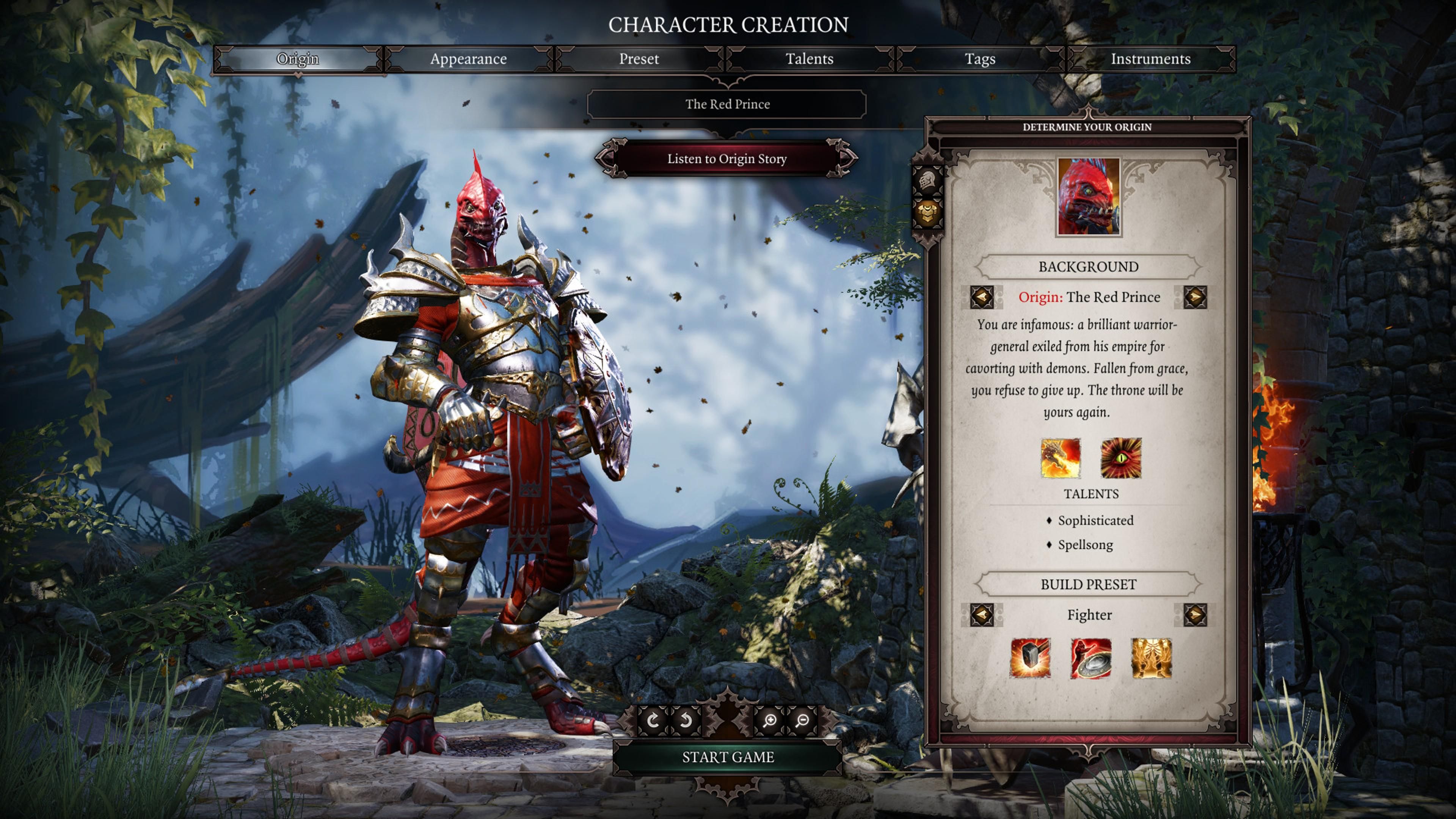
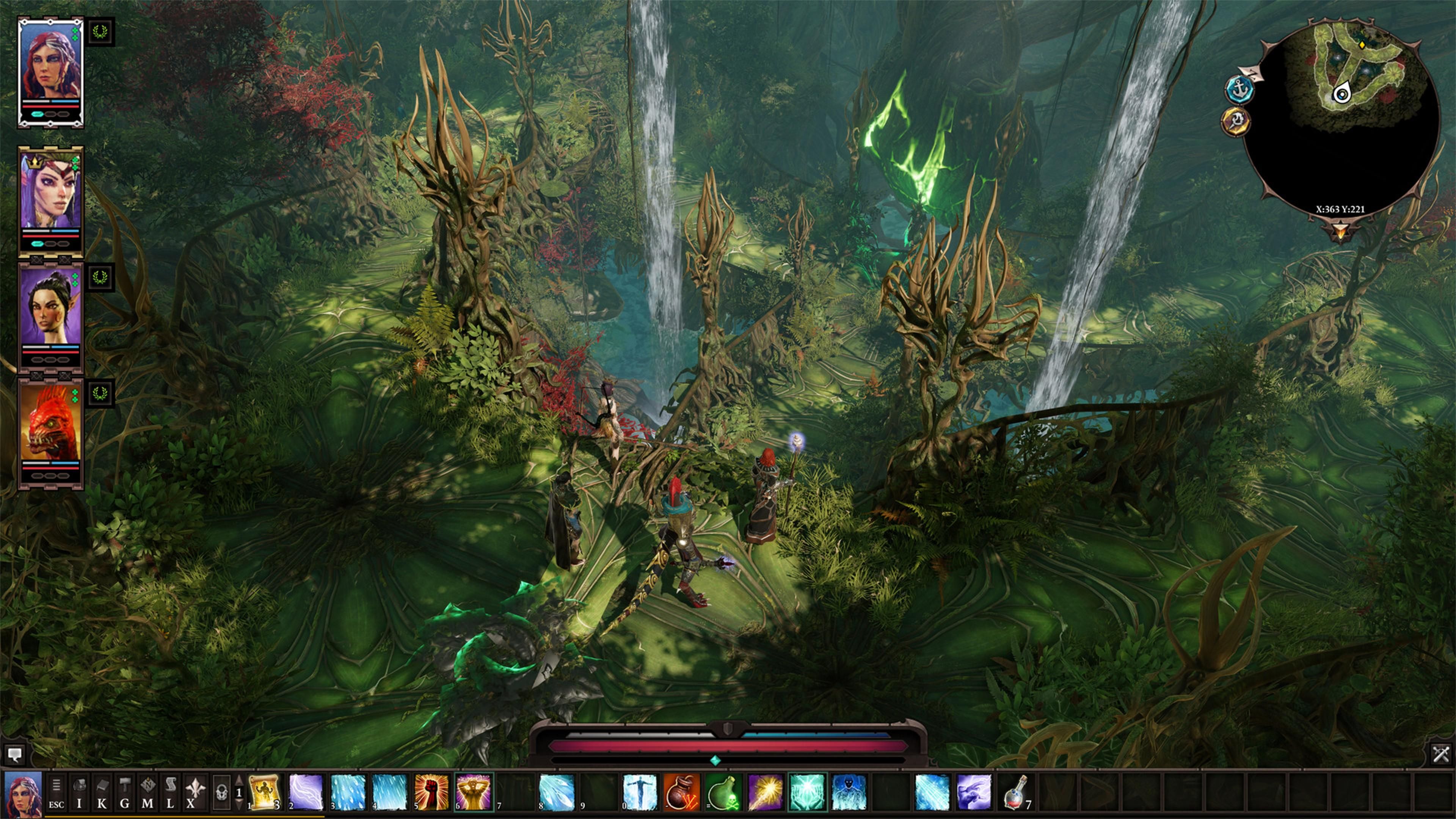
Divinity: Original Sin 2 initially seems like a typical RPG, but it quickly becomes clear that the game world is incredibly reactive. Your choices in conversations can affect battles, how you explore impacts the story, and discovering secrets can even change the entire main quest. It’s truly remarkable!
The game isn’t just about making choices in conversations. Your actions have real consequences. For example, casting a rain spell could create electrified puddles, and even breaking into a house could ruin your reputation with the whole town. The story doesn’t follow a predictable path—it’s more like a spiderweb, where even small choices can have unexpected and far-reaching effects.
Cyberpunk 2077
A Neon World That Learns From Its Mistakes
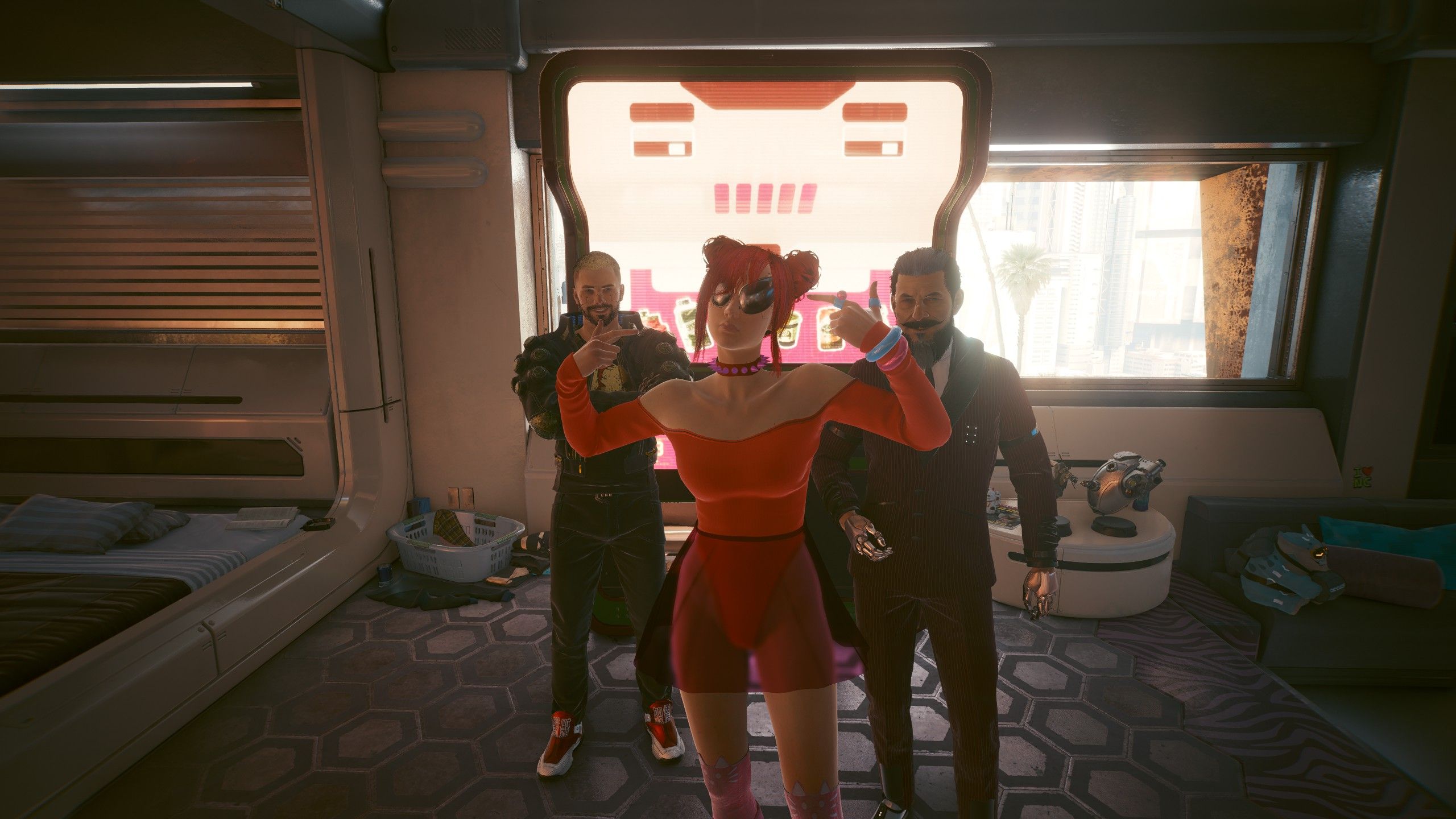
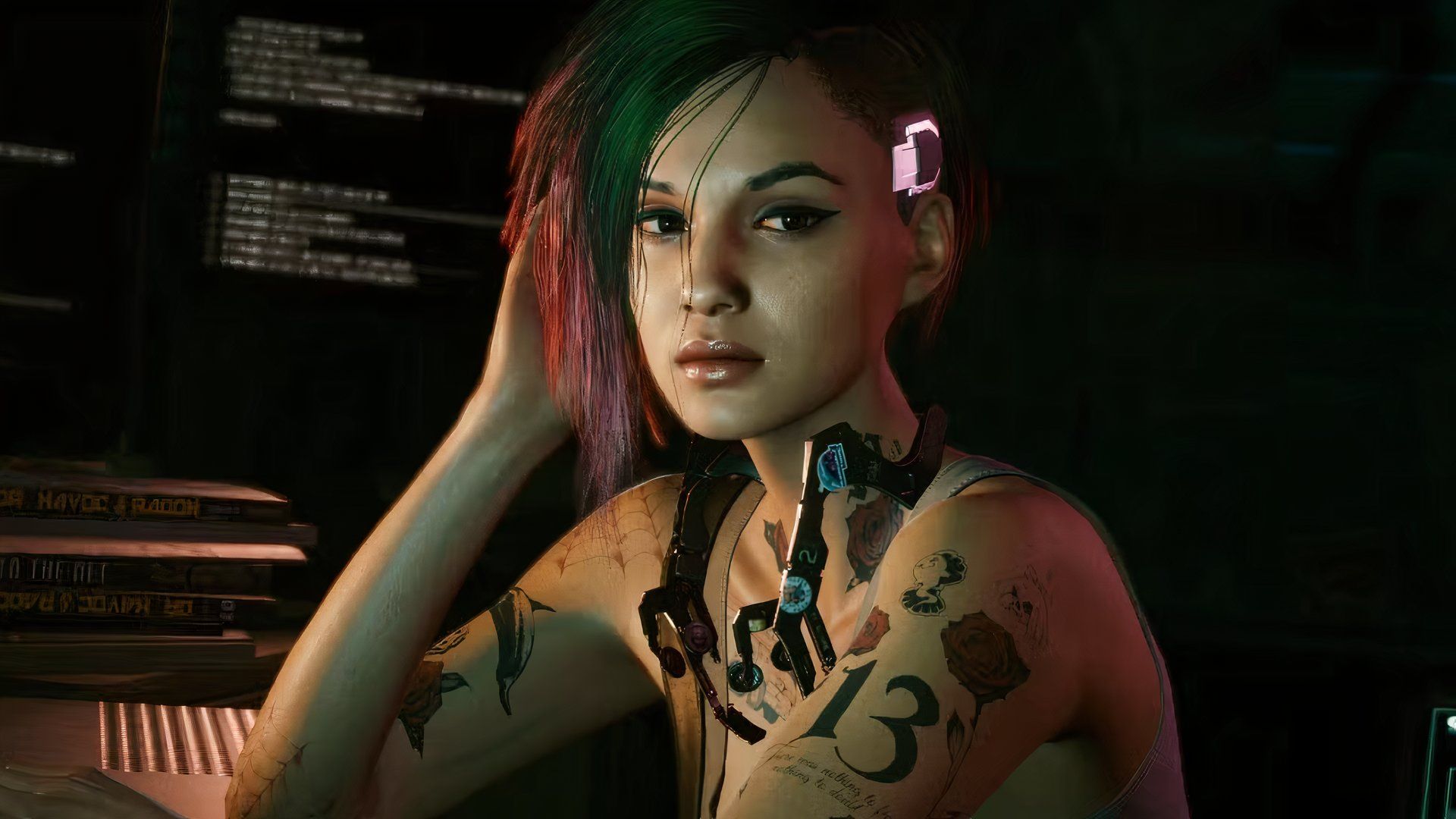
Wow, Cyberpunk 2077 has seriously turned things around since launch! It’s become one of those open worlds that really *feels* alive. Night City is just amazing – a huge, glowing maze where everything feels dynamic. The people on the streets actually react to what’s happening around them, gangs are constantly fighting for control, and the choices *I* make as V actually matter and affect the story down the line. It’s incredible how much detail they’ve packed into every little corner of the city.
The game isn’t just visually stunning; the world feels truly alive. The weather sets the atmosphere for different areas, you’ll get phone calls during missions that change your plans, and even the cybernetic upgrades you choose affect how people react to you. Night City doesn’t just *look* like a bleak future – it feels like a fully realized place that would continue functioning even if you weren’t there, all while you’re fighting to survive within its powerful corporate grip.
Watch Dogs Legion
London’s Army Of Strangers
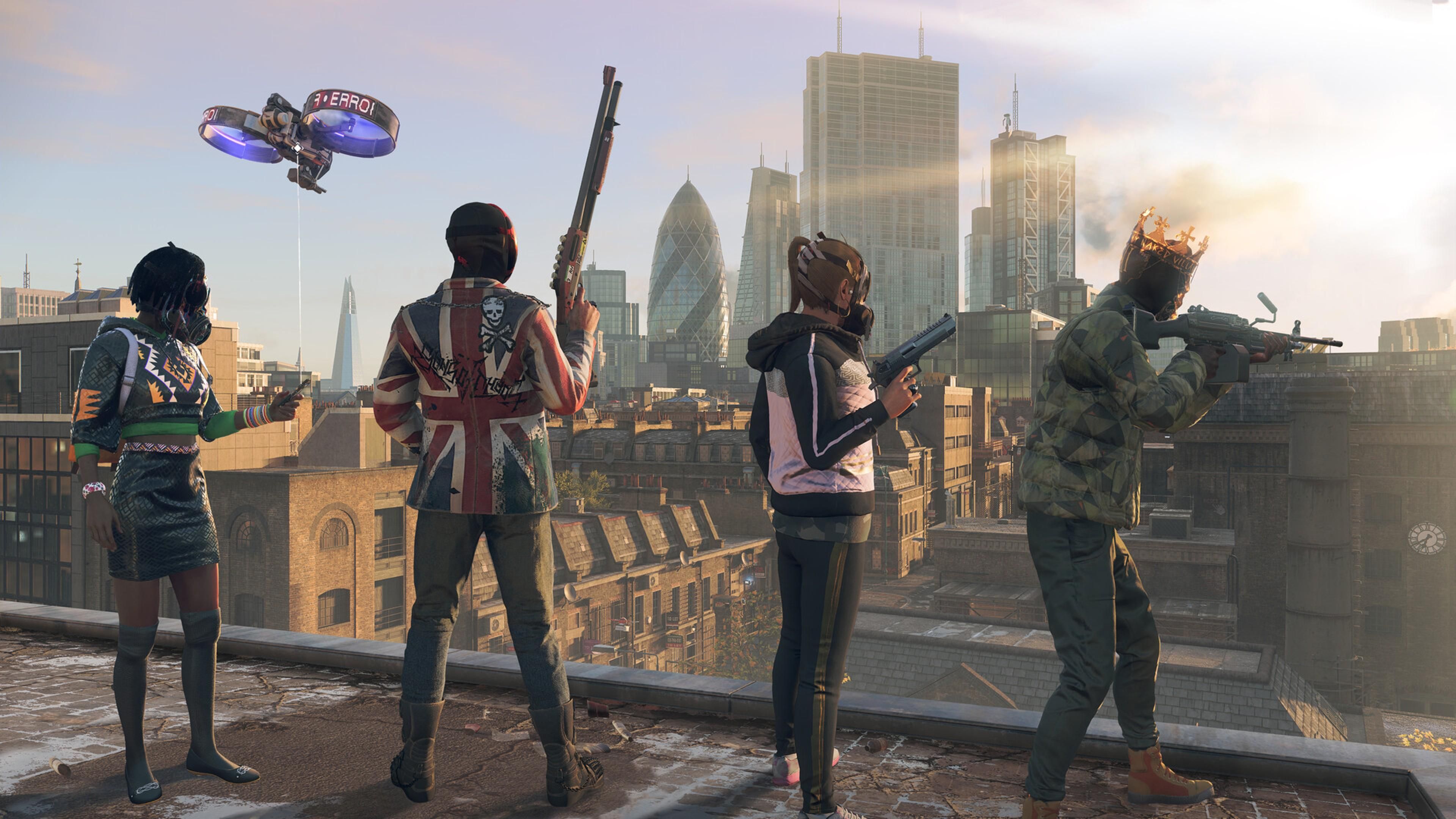
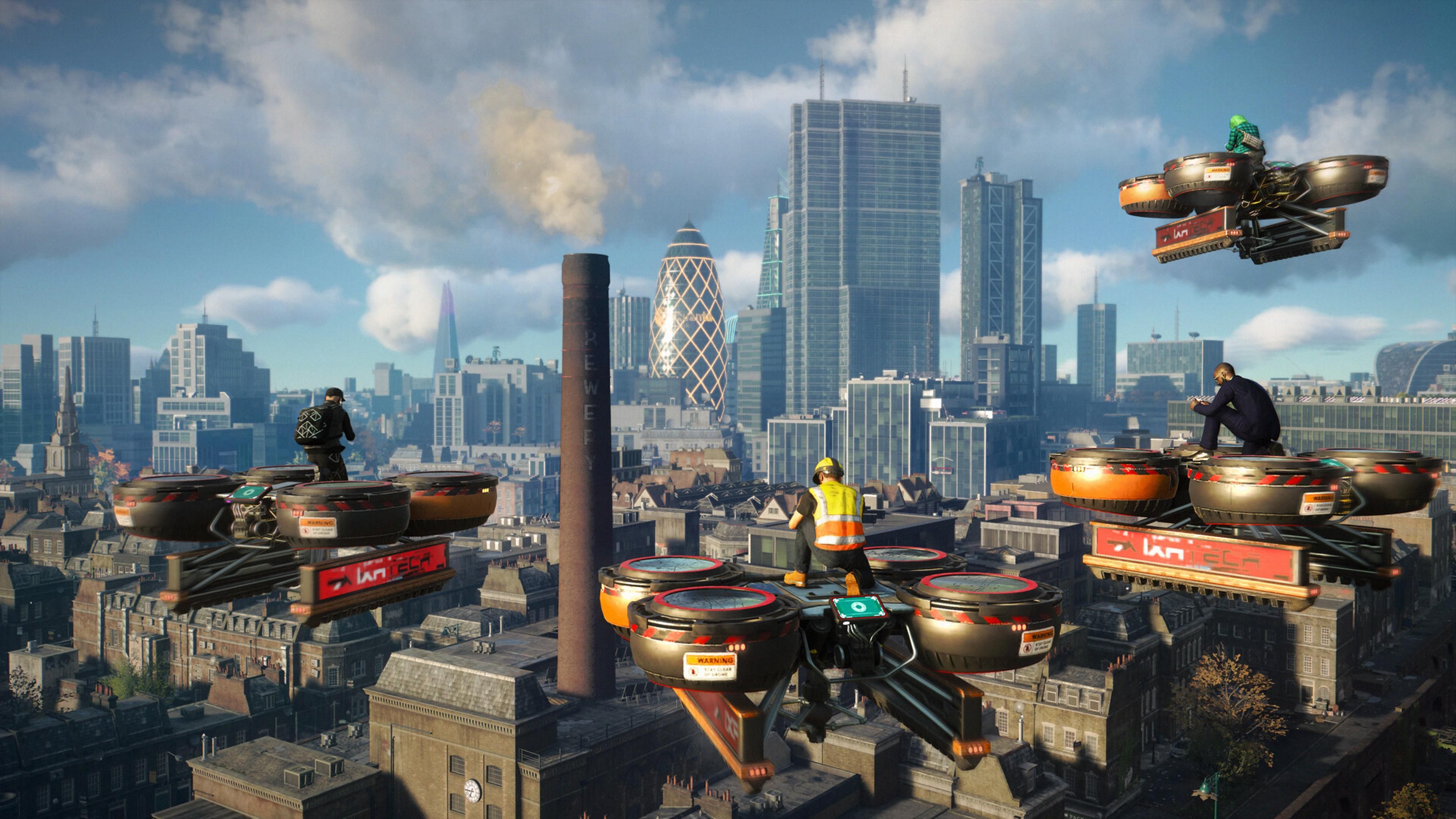
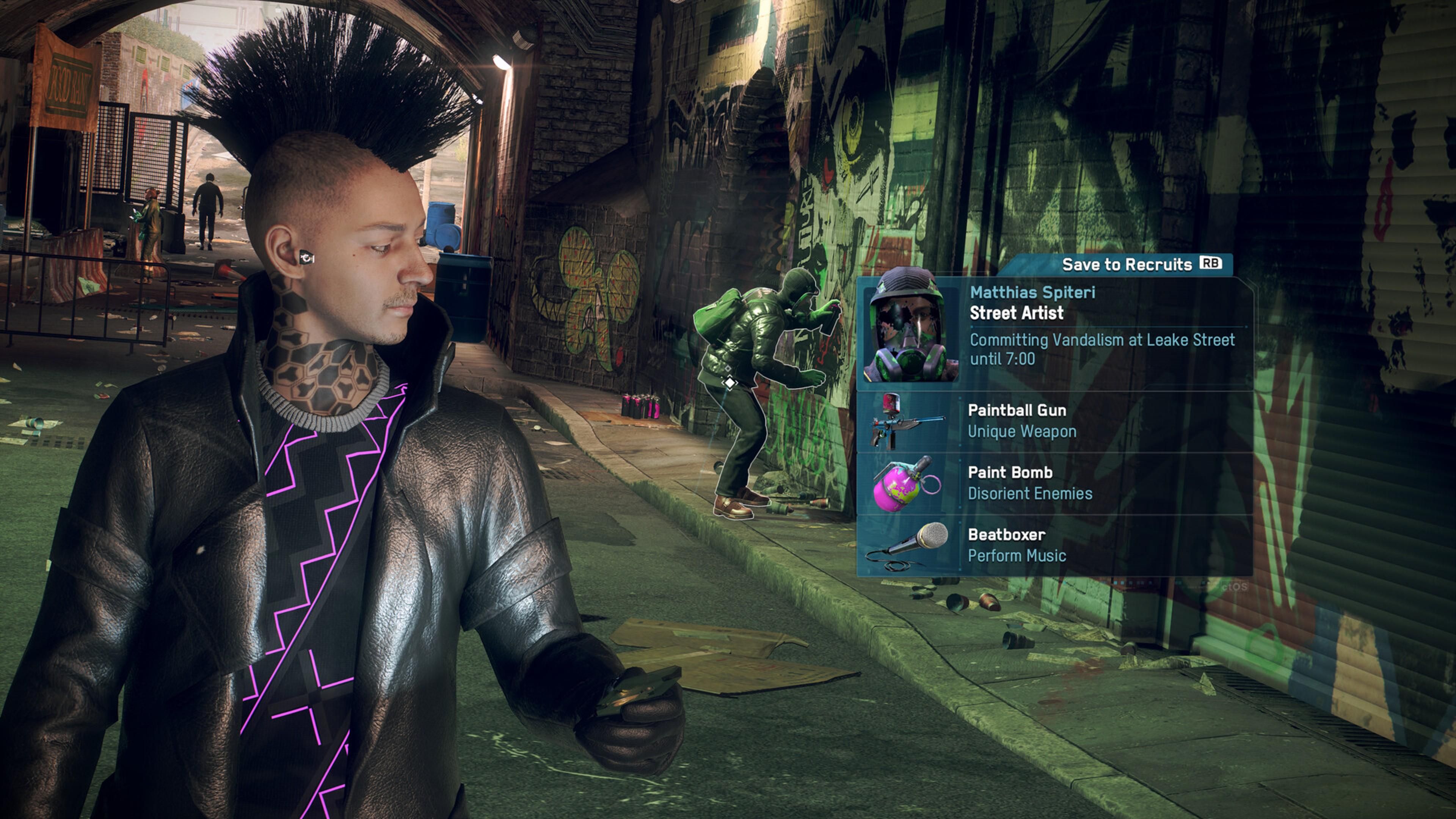
Unlike most games where you control a single hero, Watch Dogs Legion lets you recruit and play as anyone in London. You can take on the role of a wide range of characters, from construction workers with drones to elderly citizens – even if they’re not exactly in fighting shape! What’s really impressive is how the game world changes based on who you choose to play as.
I’m really getting into this game! It’s not just about my character, you know? If one of my agents falls, they’re *gone* for good, which is intense. But if I invest in getting a good lawyer, I can spring my captured allies from jail much quicker. And it’s cool how things change based on my actions – hacking a surveillance hub actually alters enemy patrol routes. It doesn’t feel like I’m controlling one person, but more like I’m gently pushing the whole city towards a revolution. Honestly, London itself feels like the star of the show. It’s not just the backdrop; it’s a living, breathing place that’s shaped by the heroes *I* choose to support.
Read More
- Poppy Playtime Chapter 5: Engineering Workshop Locker Keypad Code Guide
- Jujutsu Kaisen Modulo Chapter 23 Preview: Yuji And Maru End Cursed Spirits
- God Of War: Sons Of Sparta – Interactive Map
- 8 One Piece Characters Who Deserved Better Endings
- Who Is the Information Broker in The Sims 4?
- Poppy Playtime 5: Battery Locations & Locker Code for Huggy Escape Room
- Pressure Hand Locker Code in Poppy Playtime: Chapter 5
- Mewgenics Tink Guide (All Upgrades and Rewards)
- Poppy Playtime Chapter 5: Emoji Keypad Code in Conditioning
- Why Aave is Making Waves with $1B in Tokenized Assets – You Won’t Believe This!
2025-10-06 03:37